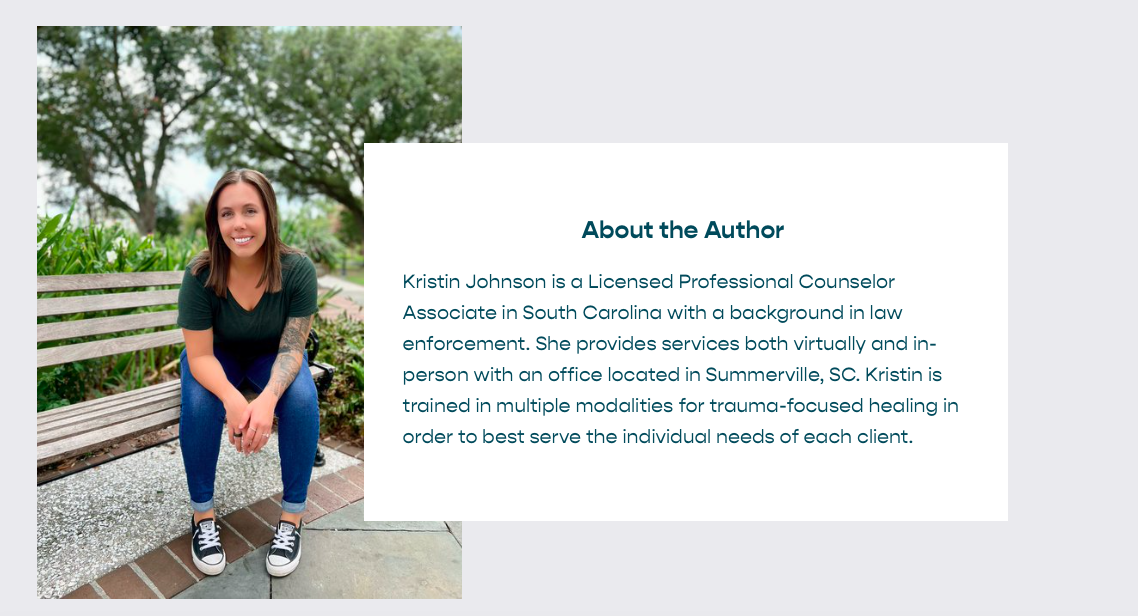What to Expect During an EMDR Therapy Intensive
If you’ve been struggling with unresolved trauma, anxiety, or distressing memories that won’t seem to go away, you may have already considered Eye Movement Desensitization and Reprocessing (EMDR) therapy. But if the idea of spending months in weekly therapy sessions feels overwhelming, or just not quick enough, you might be wondering if there’s a better way to get the relief you need.
That’s where EMDR therapy intensives come in. An EMDR intensive is a structured, accelerated approach to trauma therapy that allows you to make significant progress in a shorter period of time. Rather than spreading treatment out over months, intensives focus on concentrated sessions over one or multiple days, helping you process and heal at a deeper level—without waiting weeks between appointments.
If you’re considering an EMDR therapy intensive, you might be wondering what to expect, how it works, and whether it’s the right fit for you. Let’s break it down.
What Is an EMDR Therapy Intensive?
An EMDR intensive is a focused therapy experience designed to help you move through trauma, anxiety, and emotional distress more efficiently than traditional weekly sessions. It follows the same structure as standard EMDR therapy but in an accelerated, immersive format. During an intensive, you’ll work with your therapist for longer sessions (typically 3-6 hours per day) over a few consecutive days or weeks, rather than attending a 50-minute session once a week. This allows your brain to stay engaged in the healing process without long pauses between sessions, which can help speed up recovery. For more information on what exactly therapy intensives are, and who can benefit from an intensive, click here to read another blog post titled "Why Choose a Therapy Intensive Over Weekly Sessions."
What Does an EMDR Therapy Intensive Look Like?
If you’ve never done EMDR therapy, the idea of an intensive might feel a little intimidating. I promise it's not as scary as it sounds. I can't speak for all therapists, so this is an idea of what an EMDR therapy intensive looks like when working with me:
1. The Preparation Phase: 90-minute intake session
Before diving into deep trauma processing, we take time to make sure you’re fully prepared. This typically includes:
A 90-minute intake session to discuss your history, symptoms, and goals
Learning grounding techniques to help you regulate emotions during and after sessions
Setting clear intentions for what you want to focus on during the intensive
Identifying a support plan for self-care after your sessions
This prep work ensures that you feel safe, ready, and supported going into your EMDR intensive.
2. The Intensive: Utilizing EMDR Processing
Once we begin, we’ll follow the standard EMDR therapy process but in a more concentrated format:
Target Identification – We identify the specific memories, emotions, or triggers causing distress.
Desensitization & Reprocessing – Using bilateral stimulation we help your brain reprocess traumatic memories so they no longer feel overwhelming.
Installation of Positive Beliefs – We replace negative thought patterns with more adaptive, empowering beliefs.
Body Scan & Closure – We ensure that you leave the session grounded and regulated, not emotionally raw or overwhelmed.
Each session is tailored to your individual needs, and we work at a pace that feels right for you. Other trauma-informed techniques can be used during your intensive sessions as well.
3. 90-minute Follow Up Session
After your EMDR intensive, we focus on helping you integrate what you’ve processed. This might include:
Practicing self-care and grounding techniques
Journaling, mindfulness, or other reflection exercises
Identifying ongoing therapy needs (if any) for continued support
Most people feel a sense of relief and emotional clarity after an intensive, but healing is a process—so it’s important to give yourself time to adjust and process fully.
Is an EMDR Intensive Right for You?
If you’re considering therapy but feel like traditional weekly sessions aren’t the right fit, an EMDR intensive might be the solution you need. It’s especially helpful for people who:
Want to make faster progress in a shorter amount of time
Prefer deep, immersive work over slow, weekly therapy
Need support but have a demanding schedule
Feel stuck and need a breakthrough in their healing journey
Trauma doesn’t have to control your life, and you don’t have to spend years in therapy to feel better. EMDR intensives offer a focused, accelerated path to healing—so you can move forward with more freedom, clarity, and relief.
Ready to Take the Next Step?
If you’re interested in an EMDR therapy intensive, I’d love to help you figure out if it’s the right fit for you. Schedule a free phone consultation today to learn more about the process and discuss your goals. Healing is possible, and you don’t have to do it alone.
Looking to connect with a therapist who specializes in EMDR Therapy Intensives?
Take the first step towards accelerated healing.
(South Carolina residents only)

